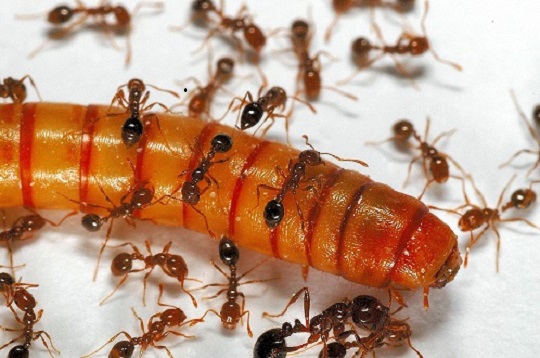New Zealand’s biosecurity threat from corrupt and poorly governed countries
New Zealand could dramatically reduce outbreaks of invasive species if it selectively chose its international trade partners, research from Victoria University of Wellington suggests.

New Zealand receives imports, including those with unwelcome invasive species, from all around the world—but these invaders come at different rates from different countries, and are a leading cause of extinctions and the current biodiversity crisis.
The study, published today in the Royal Society journal Proceedings B, reveals that a country’s levels of governance and development strongly influence their risk of exporting exotic species.
“We found counties with poor regulation and low political stability pose more of an invasive species risk,” says Evan Brenton-Rule, a PhD student from Victoria’s School of Biological Sciences.
“If New Zealand carefully selects trade partners based on these factors, we could expect up to nine times less invasive species coming to the border.”
Co-author Professor Phil Lester says biological invasions cost New Zealand hundreds of millions of dollars a year.
“When you consider the amount that is spent on biological invasions in New Zealand, anything we can do to target our biosecurity resources and limit the number of invaders at our border would be extremely beneficial. For example, the eradication of just three small nests of the red imported fire ant into New Zealand cost in excess of ten million dollars.”
The study analysed international trade volumes from Statistics New Zealand, and ten years of data on trade interceptions at the border from the Ministry of Primary Industries. Over this time there were nearly 50,000 interceptions.
“Although an extreme option, it’s interesting to look at how selectively trading with certain countries could dramatically influence the number of biological invasions in New Zealand,” says Mr Brenton-Rule.
“It’s worthwhile thinking about how international trade deals and a change in trading partners may impact the number of exotic species knocking on our country’s door. There are millions of dollars of control or eradication programmes at stake here, as well as potential biodiversity loss”.
